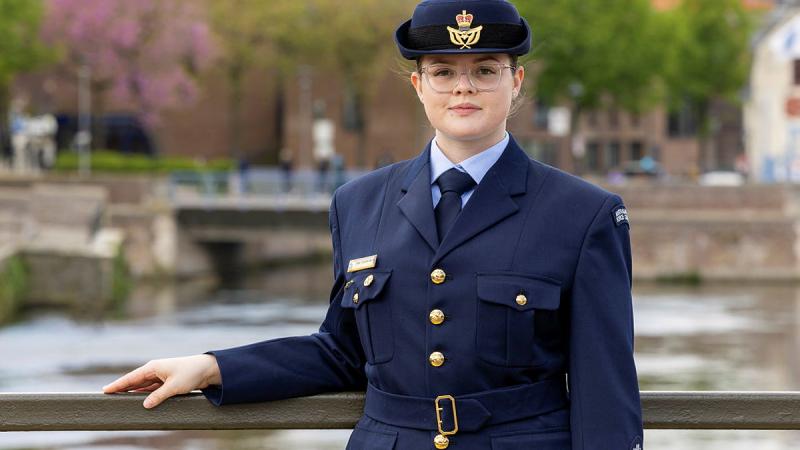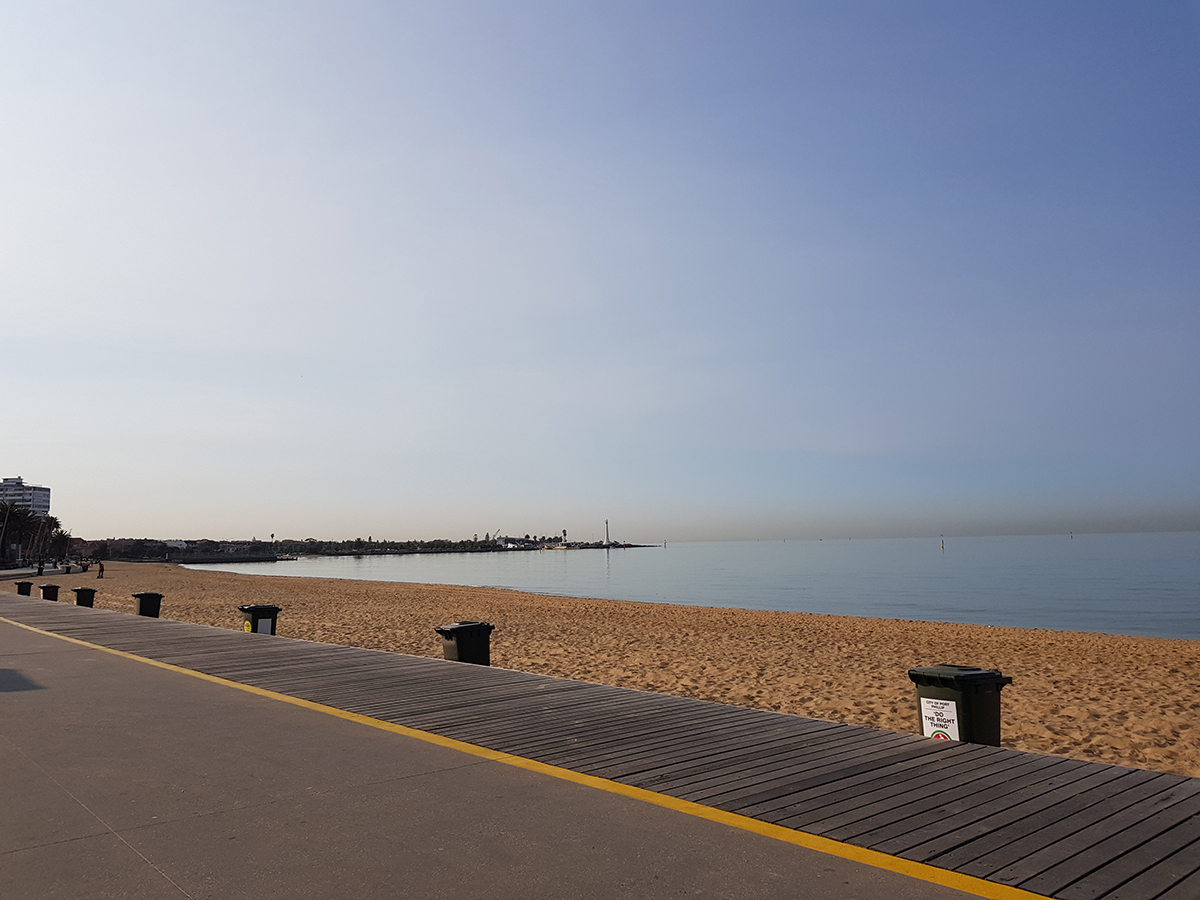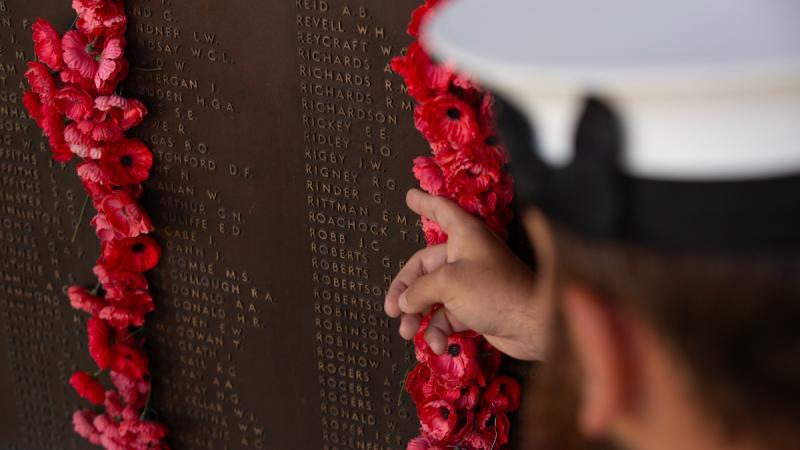STEM learning has begunfor some of our littlest Territorians, thanks to this years introduction ofthe Territory Labor Governments new, fun-based Pre-School Science Games.
Science, Technology,Engineering and Maths (STEM) are crucial areas of learning for students, with75 per cent of the fastest growing occupations worldwide requiring skills andknowledge in these areas.
Territory Labor came togovernment with a promise to expand access to these areas in NT schools andlast year introduced the five year STEM in the NT strategy.
The Northern TerritoryPre-School Science Games form part of the strategy and have been designed withthe University of Melbourne to help build young childrens curiosity forscience in a fun and engaging way.
The games have beenspecifically tailored to suit the unique NT environment, with much of itdesigned for the outdoors, while also helping to support early childhoodteachers deliver science-based learning.
After being trialled at 11preschools last year, the NT Pre-School Science Games resources are nowavailable to all pre-schools, long day care facilities and family day careservices.
As noted by Minister forEducation, Selena Uibo.
Children are at the centre of decisions madeby the Territory Labor Government.
We are equipping our students for the jobsof the future by giving them the skills they need to live and work in the 21stCentury.
It is never too early tostart. Learning and development in the crucial early years is critical toimproving learning outcomes in school and, subsequently, in boosting employmentprospects.
Investing in our children is not just theright thing to do, it is the smart thing to do. We want the NT to be the mostimproved education system in the country and we know that prioritising STEM andearly childhood investment will help us achieve this.
As noted by Millner Pre-SchoolTeacher, Varn Baker.
Millner Pre-School trialledthe Science Games, which we found engaged children in wonder, curiosity andscientific thinking. The games included biological, chemical and physicalsciences and were integrated in the play-based curriculum.
Children used theirsenses to explore the world around them, made observations using their sensesof sight, touch, smell and taste and, with teacher support, their vocabularywas extended.
As noted by Science Games author,University of Melbournes Dr Caroline Cohrssen.
Including Science, Technology, Engineering and Mathematics in earlychildhood education has been under the spotlight for some time.
Incorporating STEM in an integrated, play-based curriculum can bechallenging but we are excited to share the NT Preschool Science Games after aprocess of development, trialling and refinement in conjunction with preschoolteachers in 2018.








